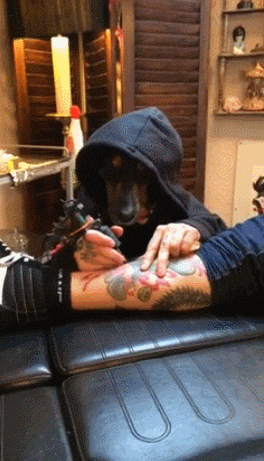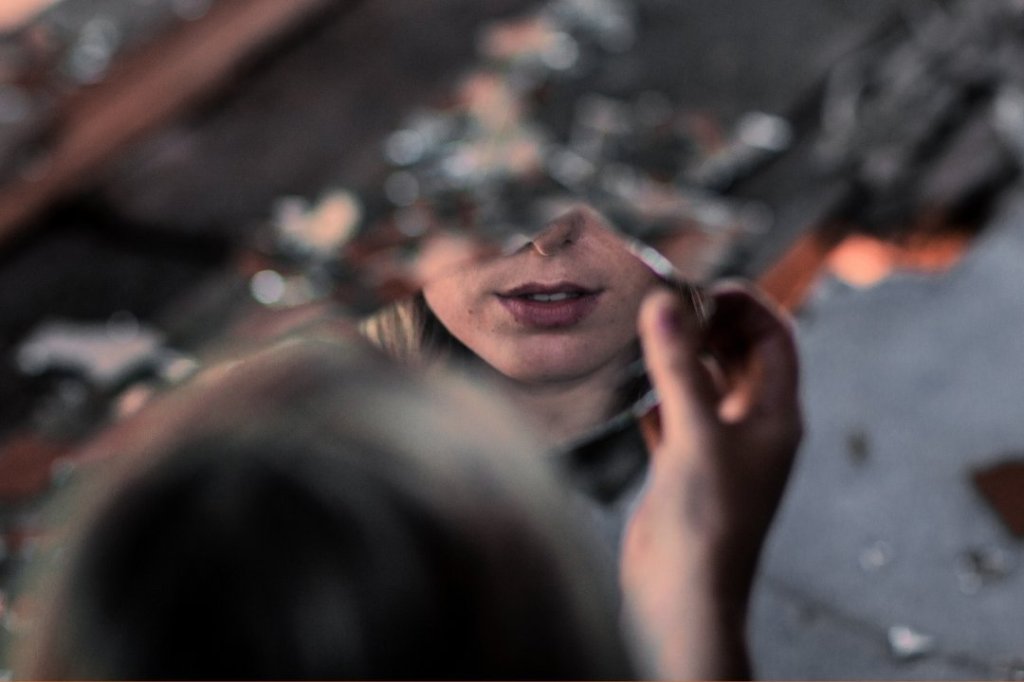If you know, you know. Face blindness, or as medical professionals call it, prosopagnosia, can be frustrating even in its mildest form. For me, it’s the constant disappointment I see on people’s faces when I don’t register who they are. One time, I didn’t identify my own comedy agent at the Laugh Factory. Another more egregious time, I didn’t recognize my boyfriend of three years at the mall. (I didn’t expect to see him and he was wearing a hat. He never wears hats!)
I used to have a joke that, to me, everyone looks like some version of actor Tobey Maguire no matter their gender, race, or height. I would be awful picking out a suspect in a police lineup, because I’d just keep saying, “Um, he was Spiderman, I think?”
The topic of face blindness isn’t new. In neurologist Oliver Sacks’s book The Man Who Mistook His Wife for a Hat, he writes, among many things, about a case study in which someone has a much more complex, severe condition processing stimuli called visual agnosia. Sacks discusses the neurological theories behind the condition, even adding in philosophical and Freudian explanations.
The condition is actually somewhat common. According to Neuroscience News, 1 in 50 people have mild face blindness or “developmental prosopagnosia.”
In her recent piece “Even mild face blindness can cause serious difficulties in daily life – new study,” for The Conversation, psychologist Judith Lowes asks, “Have you ever been ignored by someone you knew when you bumped into them in the street or at an event? If so, you probably thought they were being rude. But they might have face blindness–a condition officially known as developmental prosopagnosia.”
Her findings were fascinating. “In a new study my colleagues and I conducted, 29 adults with face blindness revealed the daily challenges they face. Ten of the participants said they could not reliably recognise immediate family members, and 12 couldn’t recognise closest friends in out-of-context or unexpected encounters. Yet many felt it was socially difficult to admit these struggles.”
The study concludes prosopagnosia might be a form of neurodivergence, and somewhere on the autism/ADHD spectrum. She writes that recognizing face blindness as a “form of neurodivergence isn’t just about awareness, it’s about dignity, inclusion, and making everyday life easier for thousands of people.”
But, for my fellow face-blind folks, there’s hope and help. On the subreddit r/Prosopagnosia, an OP asks “Strategies for recognizing people?” Their more specific question is “How do y’all compensate for your face blindness?” The comments section bursts with ideas.
Come from the assumption that you know everyone
A few people suggest greeting people with “good to see you,” instead of “nice to meet you,” no matter what. I do this and while it seems strange at first, it’s a way of faking it until you make it. Then if it’s a short conversation, no harm, no foul.
Learn to rely on vocal cues
If, let’s say using the last example, you need to buy more time. Listen closely to a person’s voice. For me, my auditory memory is intact, so if I can just get a few seconds with vocal cues, my recognition sensors set in.
Be honest and open about the condition
Other Redditors recommend a more honest approach. One shares, “I’m open about it. I say something like ‘I’m so sorry, I have face blindness, can you remind me how we know each other?’ And people are usually really kind about it. The only time it’s been truly awkward for me was when the response was ‘Ten years of friendship?!’ (She’d changed her very distinctive hair.)”
Look for specific traits to memorize
This has truly helped me. When I’m meeting someone, especially someone I assume I’ll see again, I try to find one thing on their face I can remember. A beauty mark on their cheek or a tattoo on their arm. Then, personally, I repeat it in my head: “Mike, tattoo, Mike, tattoo.” Another Redditor advised to “look for scars.” Same idea—find something on them that won’t likely change and commit it to the space in your brain where the memory of their face would have gone.
Subtly ask for more context
This is a big one. Like many of us, it becomes kind of a game of fishing for information without awkwardly giving yourself away. I’ll often ask, “When was the last time I saw you?” And if they say, “At our high school reunion of course,” then boom—that’s information! Once I have just a few pieces of the face blindness jigsaw puzzle, I can piece it together pretty quickly. (And then I often overcompensate once I realize who they are. “Oh yeah! You were wearing the cutest pink dress! How’s Steve? Still living in Milwaukee?”)
As one commenter put it, “Bluffing and hoping for some context from the conversation’s clues.”

While many in this and other threads online discuss the anxiety and embarrassment that can come as a result of this condition, it is not all that uncommon. And if we approach it from the neurodivergence standpoint, as Lowes proposes, it might make it easier to discuss and give grace to ourselves and others.


































